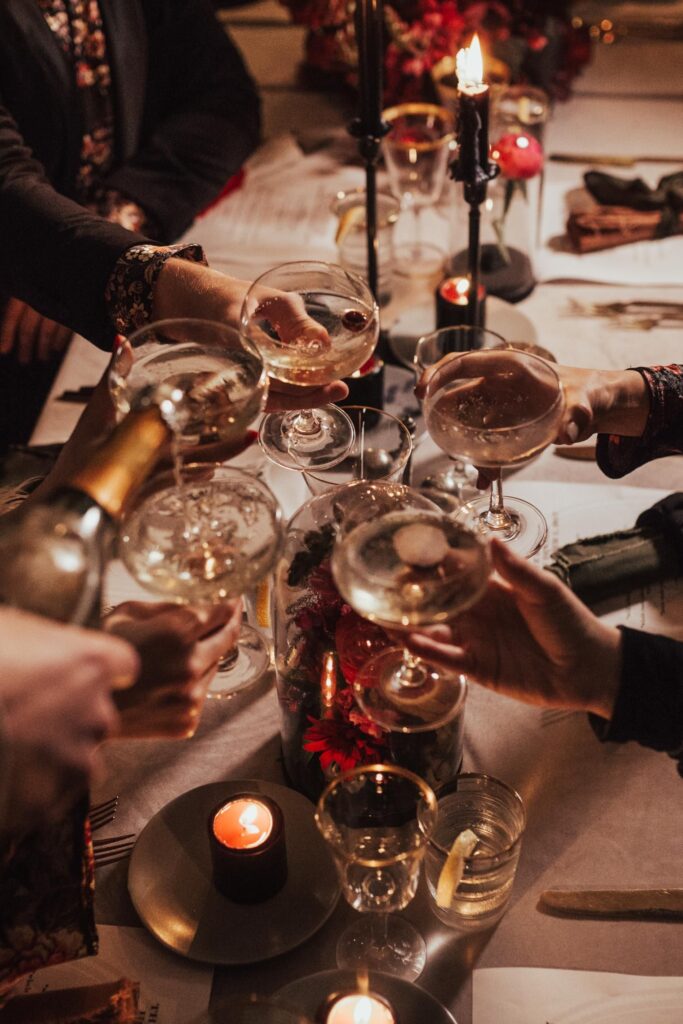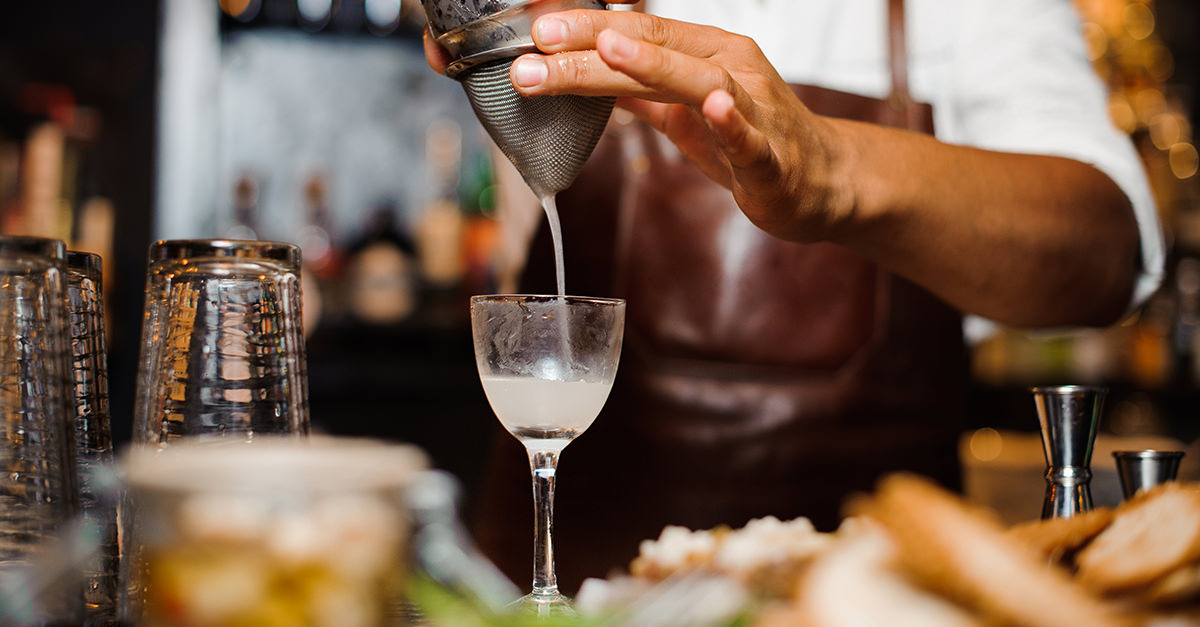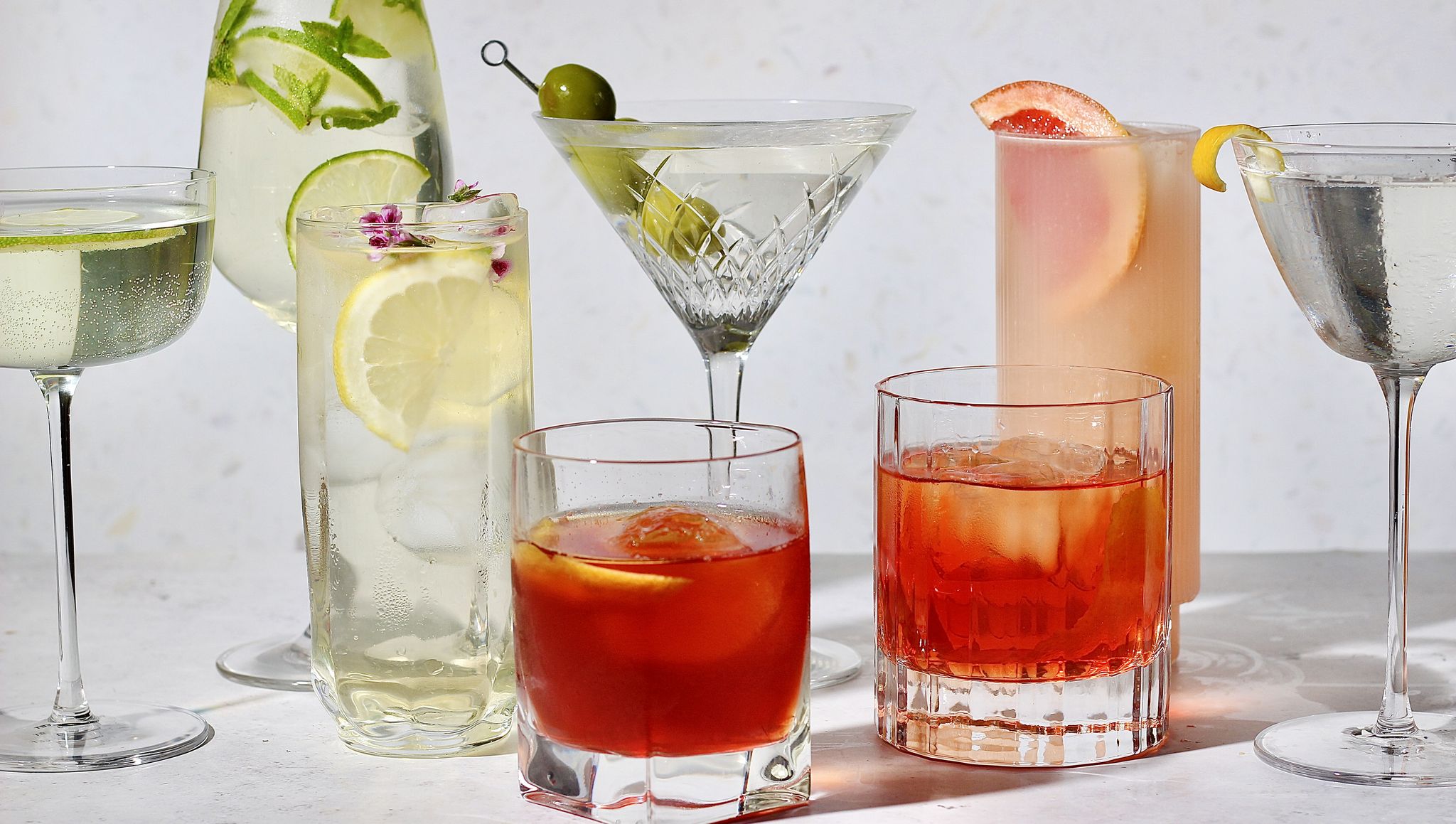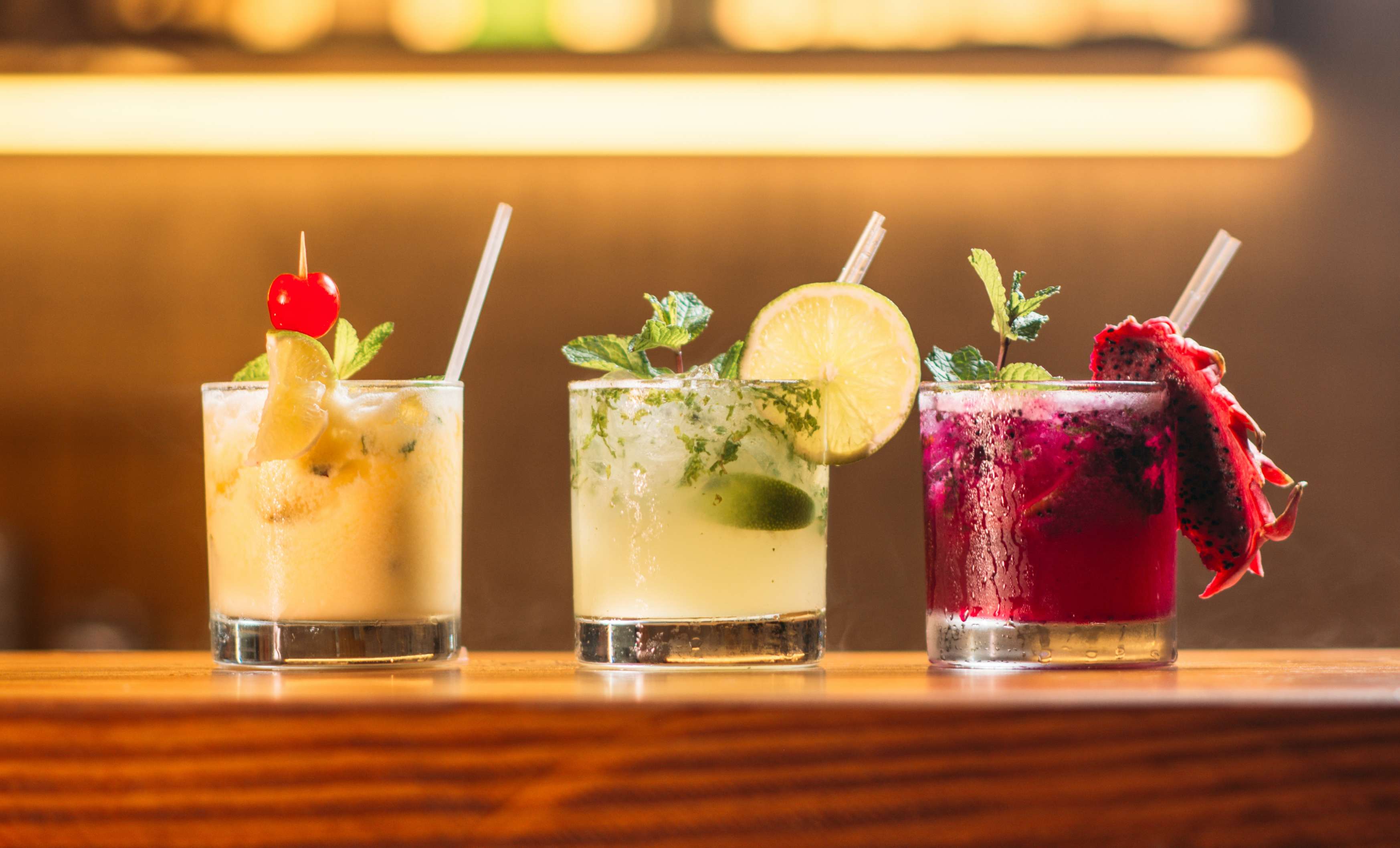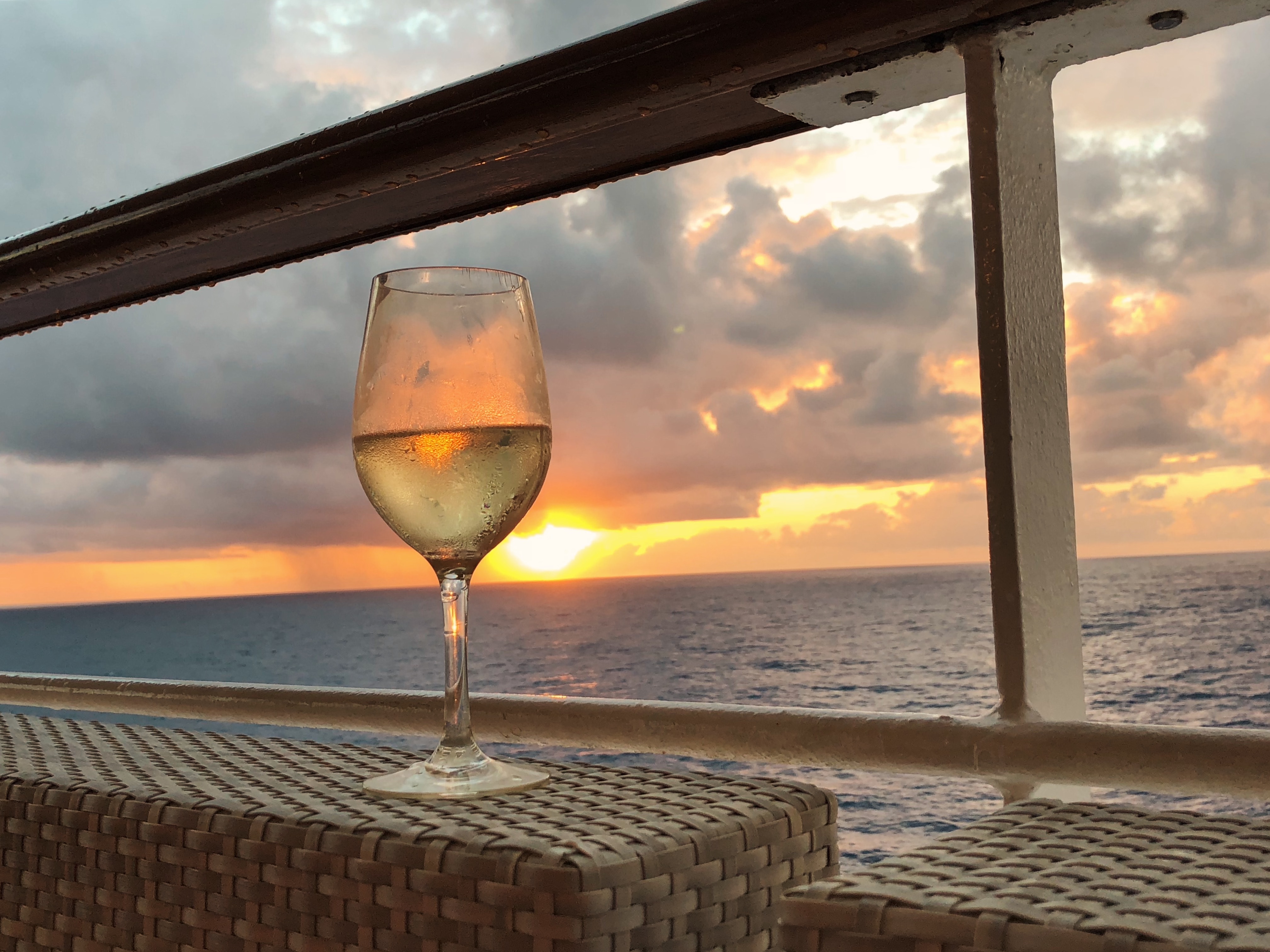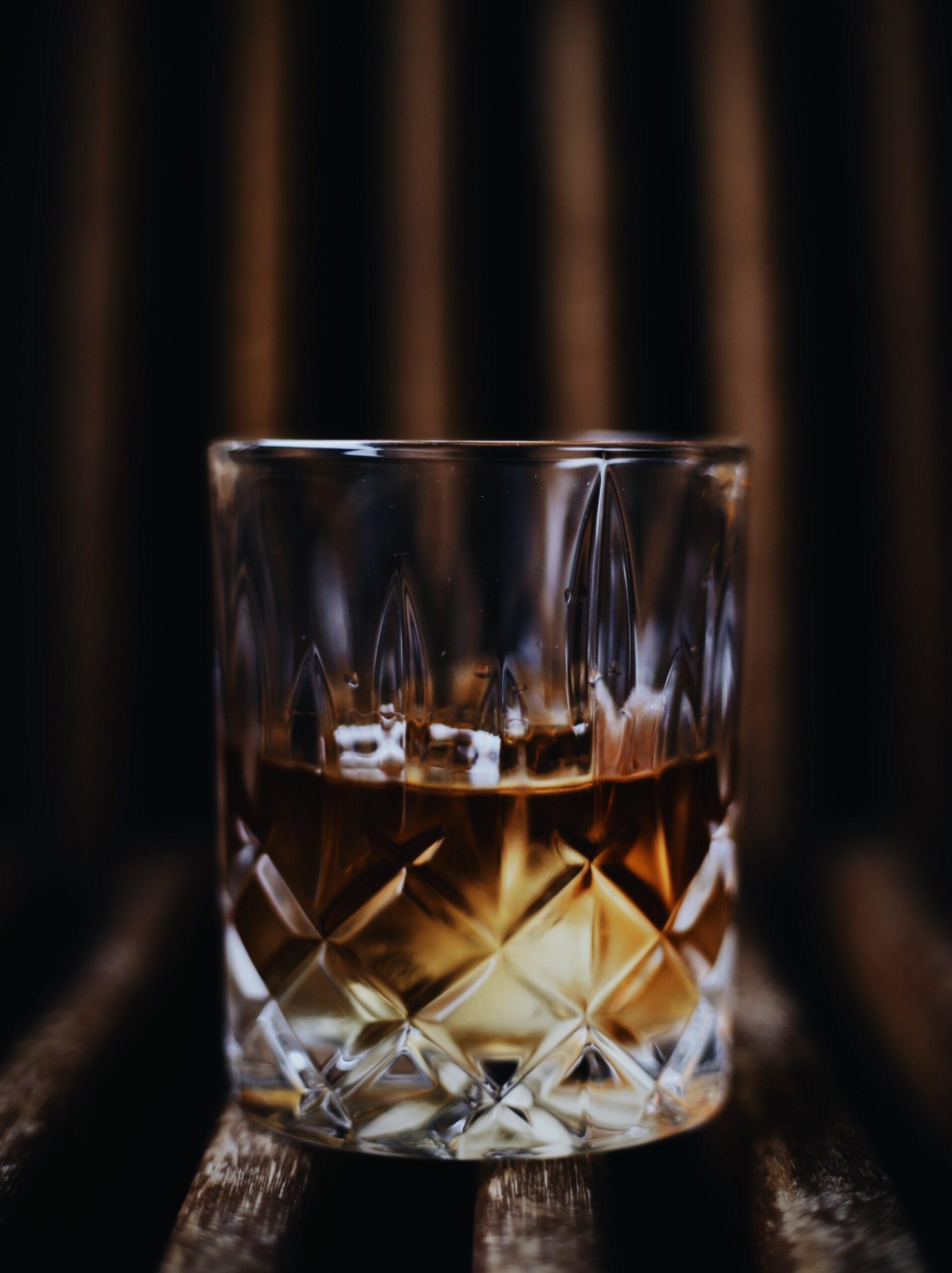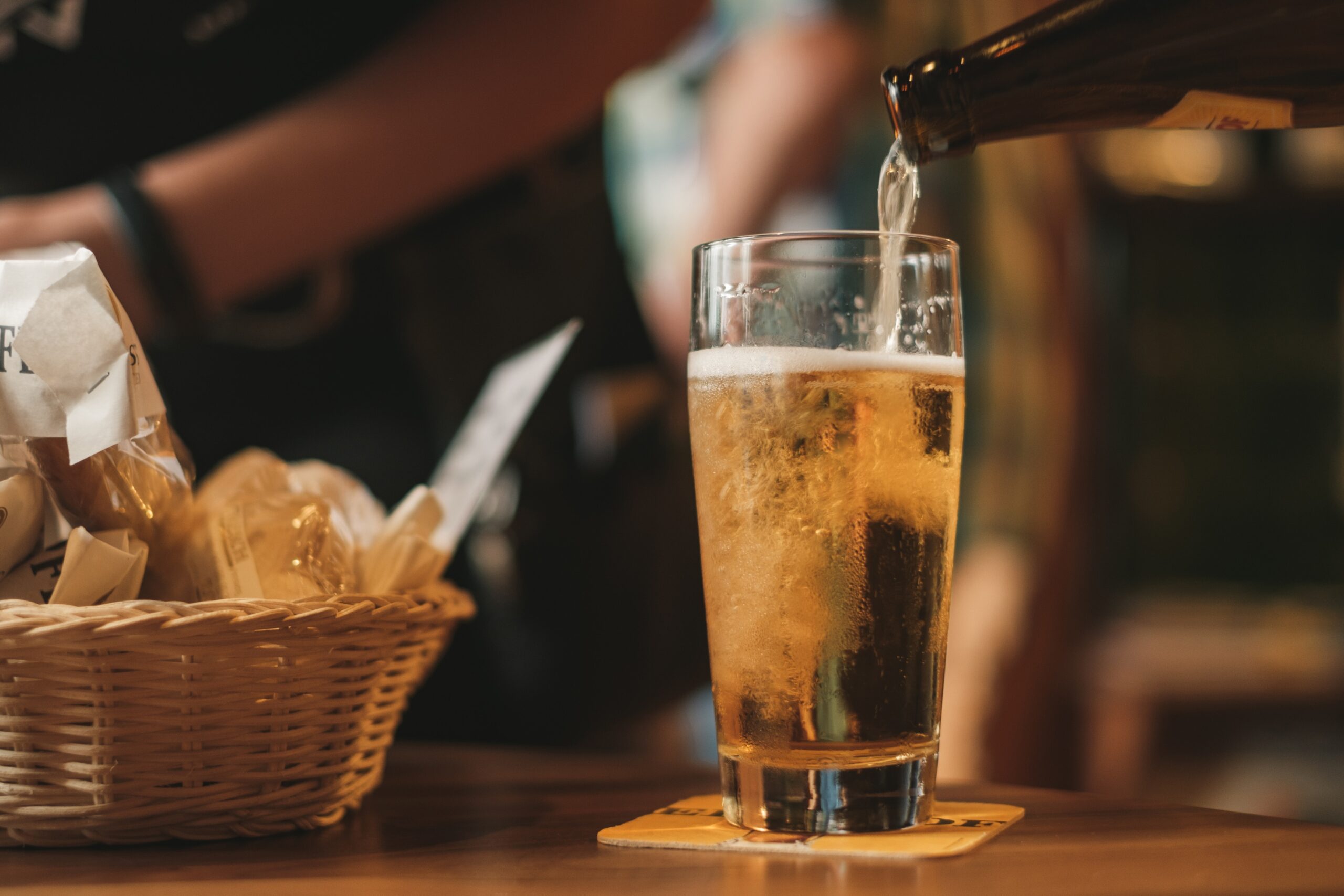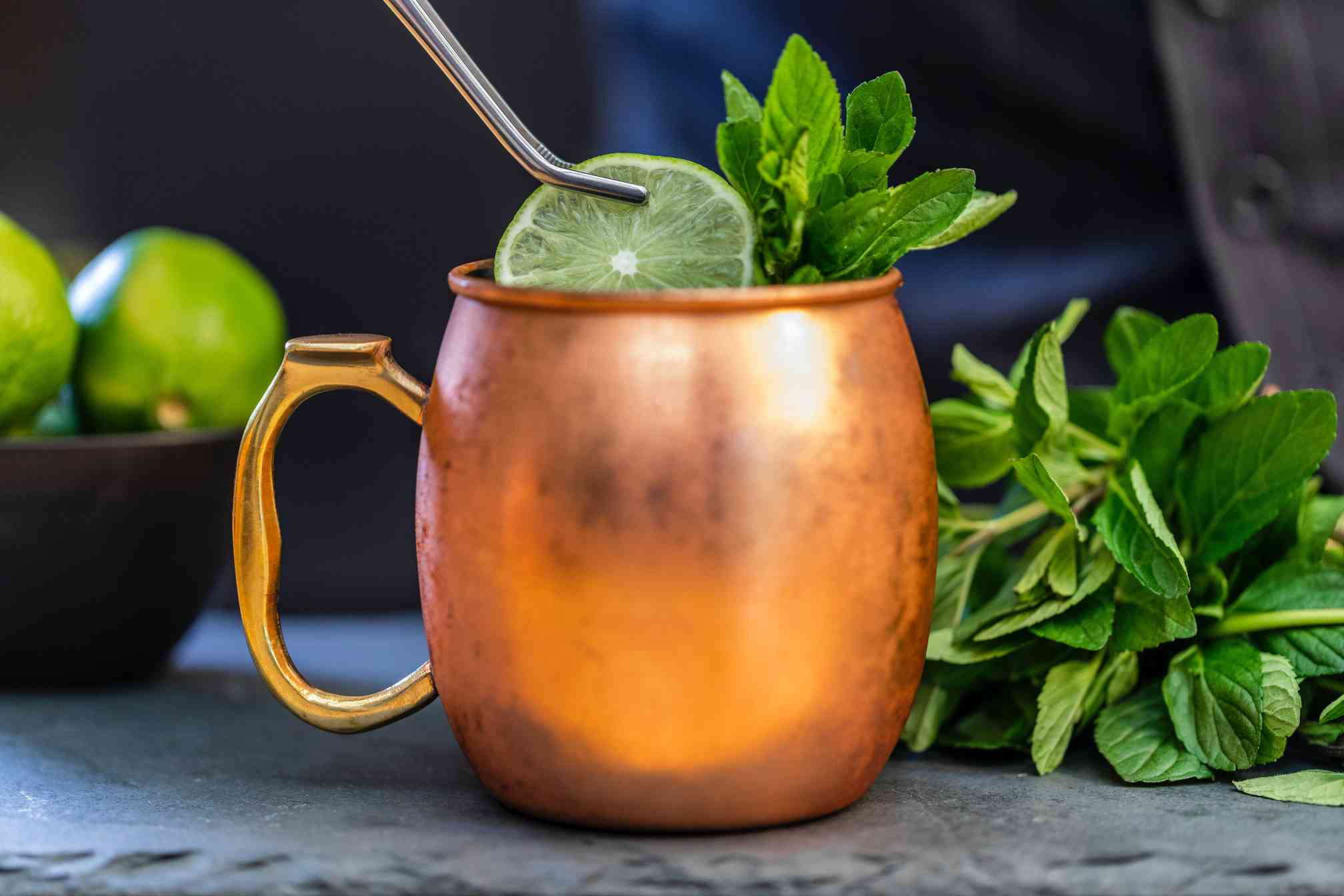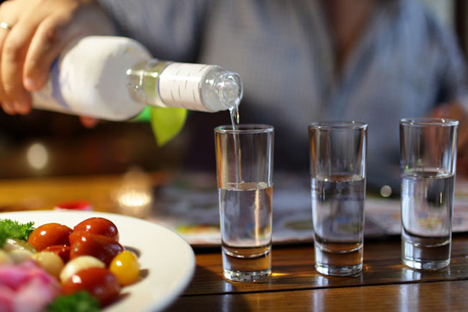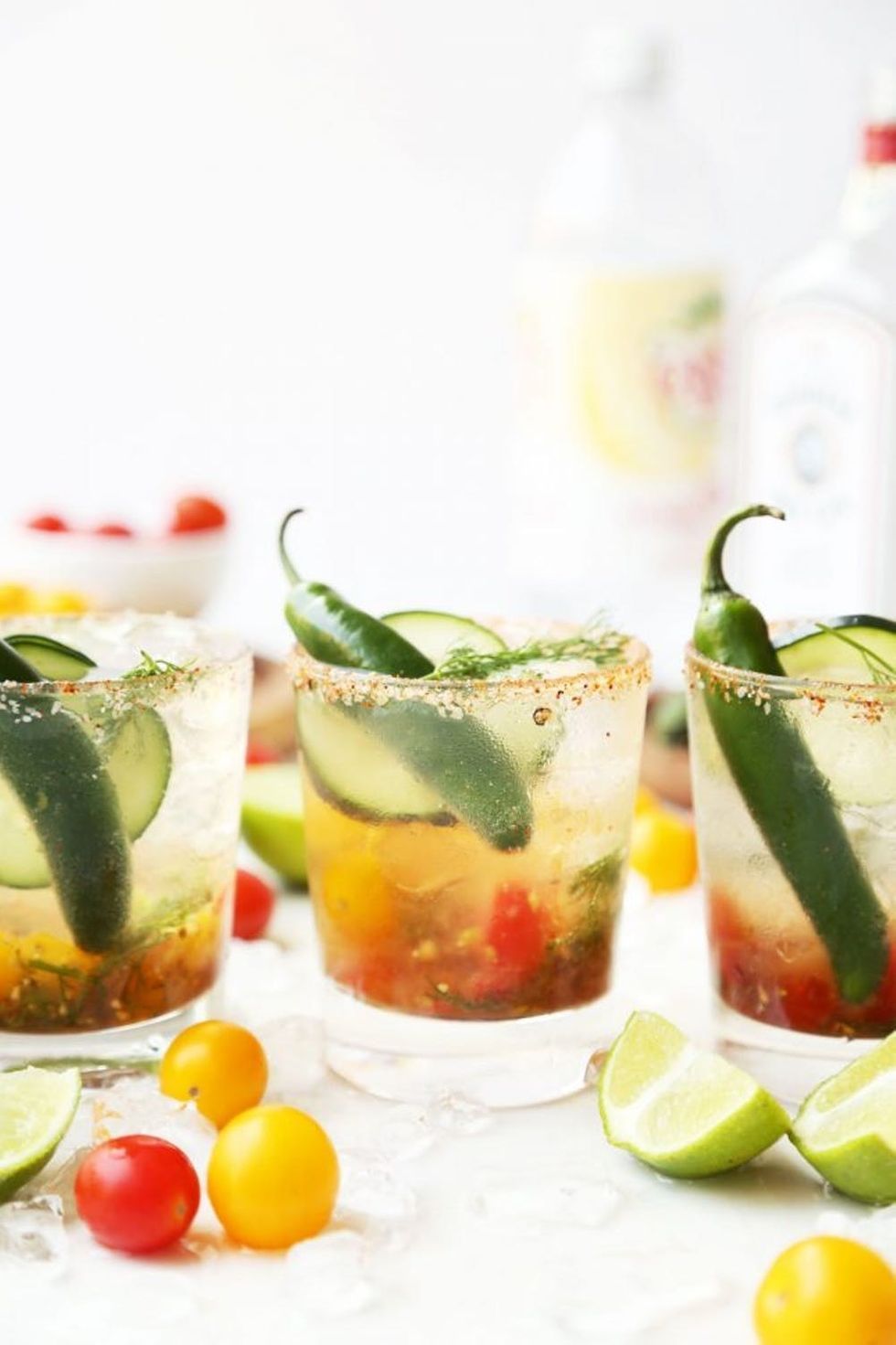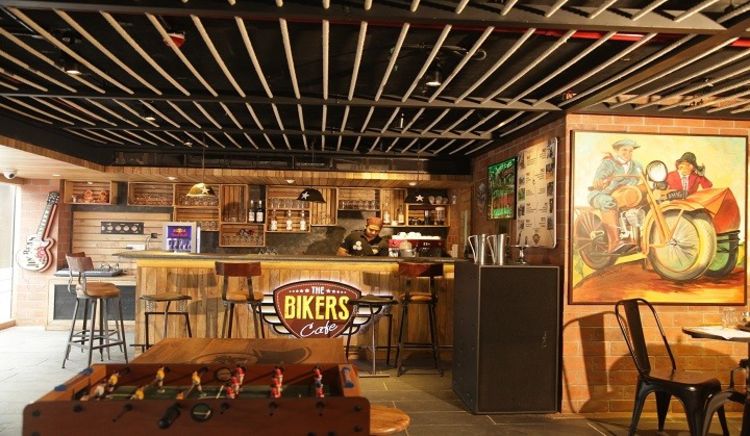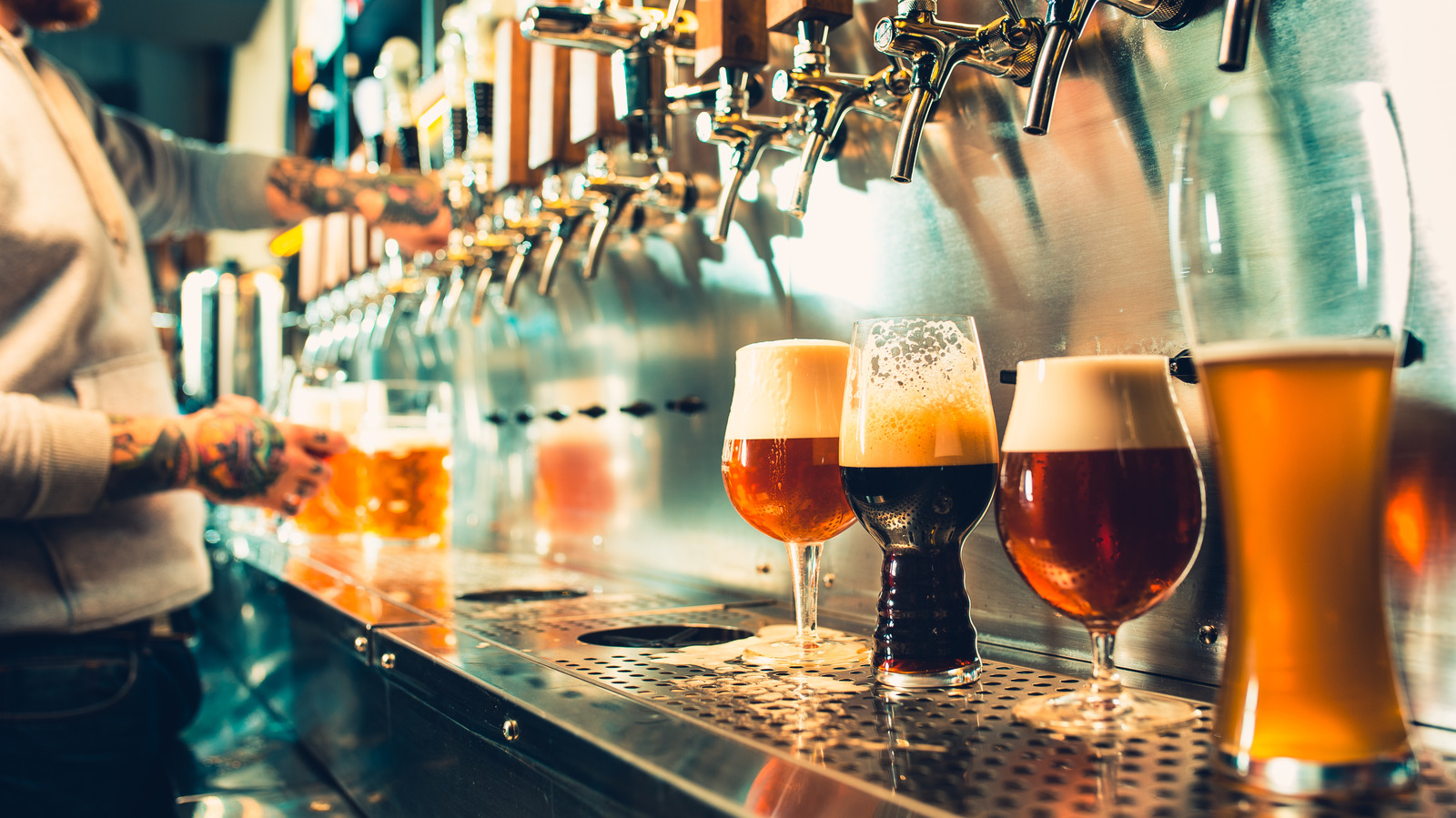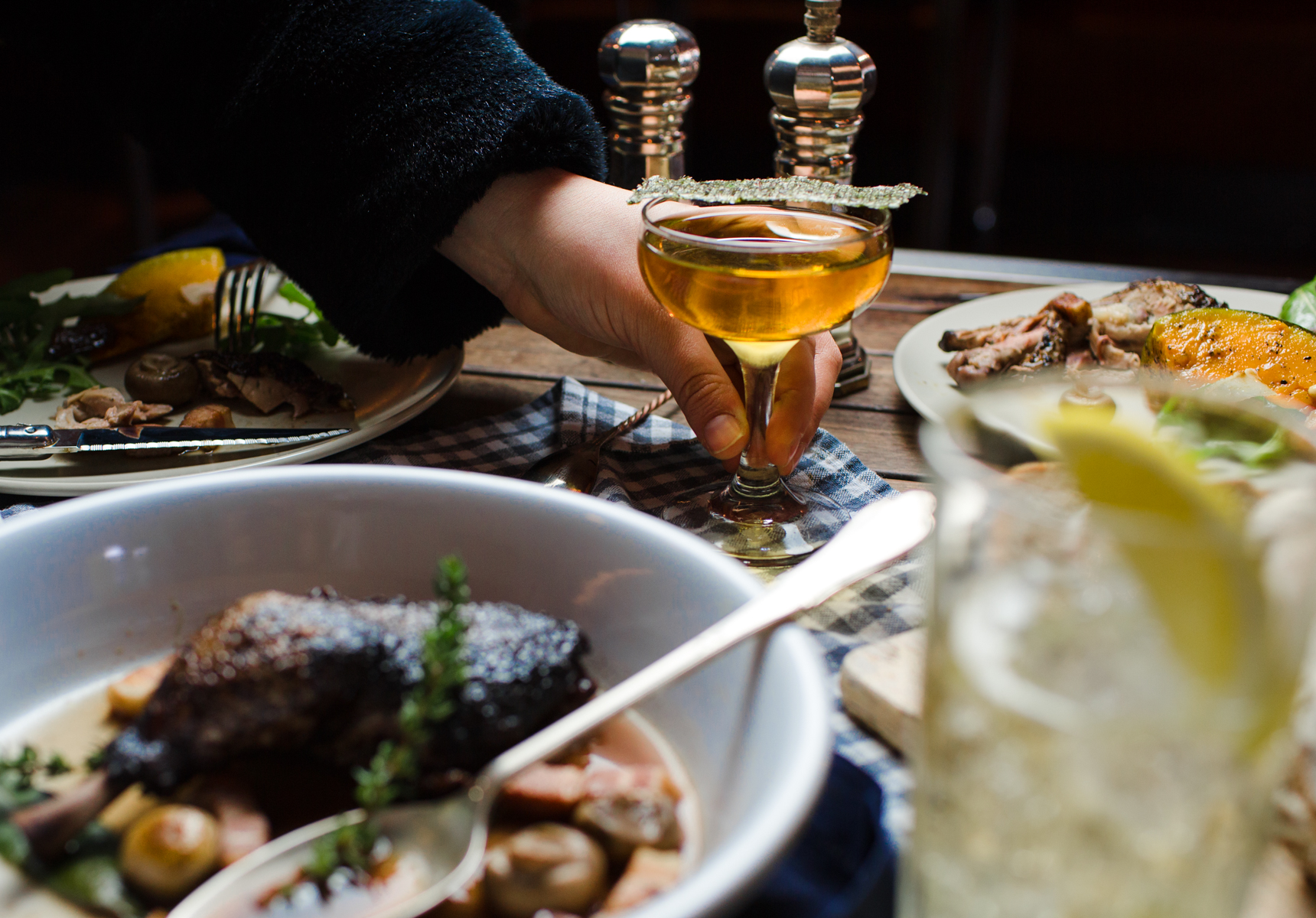Before we take the first sip of our drink, shouting “cheers” in unison and clinking our glasses is a must. This interesting expression of joy is just one way to give a toast. Just like us, different countries have their own way of saying “cheers” to celebrate an occasion or manifest a joyous spirit. If you’re curious to know how to say cheers in different languages, you’ve come to the right place. Read on to know more.
A Brief History Of “Cheers”
We say cheers before drinking, but have you ever wondered why? Though the actual origin of the phrase remains debated, many historians suggest that it can be traced back to 10,000 B.C. when alcohol first existed.
On the other hand, it’s safe to say that the word “cheers” comes from the old French word chiere which means face or head. By the 18th century, the phrase evolved to mean “gladness” and was used as an expression of encouragement. There are a few more theories about the genesis of this phrase and the reason we toast:
- It was used as an offering to the Gods: Although the actual word “cheers” wasn’t used, it’s speculated that the spirit of toasting evolved from ancient Greek civilizations. In drinking parties and feasts, the people used to honor their Gods by pouring wine onto the ground in exchange for prayer or strong immunity. The god of wine, Bacchus, was often worshiped and offered toasts.
- To avoid getting poisoned: Legend has it that it was common to spike an enemy’s drink if relations were tense. But there was a test to find out if the drinks were safe for consumption. People of the Middle Ages filled their glasses to the brim and clinked them hard enough so that the top layer of alcohol spilled into the other glass. It was only after this process a sip of alcohol was taken.
- Protection from evil: It’s said that in Medieval times, people banged their glasses and cheered thunderously so that evil spirits would leave the place. A few drops of liquor were dropped on the floor to keep the evil spirits satisfied. Talk about countering one spirit with another!
Also Read: What Is Stout? Everything You Need To Know!
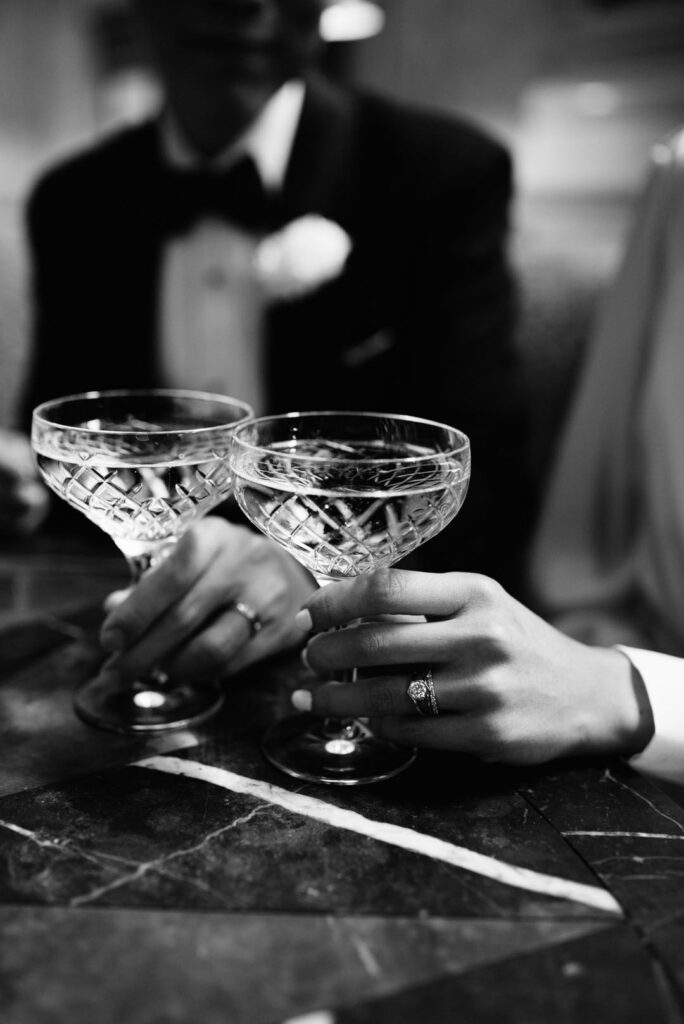
Love My Dress® – Wedding Blog & Directory
Cheers In Different Languages
Cheers In German
If you happen to be in Germany or are surrounded by a German crowd, raise your glass and shout prost (pronounced as prohst). It basically means “cheers.” Although there are a couple of variations to the phrase, this is the most common and easiest one to use. You can also say “Zum Wohl!” which means “To your health!” or “Auf Ihre Gesundheit!” if you are addressing someone formally.
Cheers In French
When you’re vacationing in France and go to a pub, be sure to tip your glass and say santé (san-thay) to the stranger next to you. It’s an informal expression that literally translates to health. Don’t worry if you’re in a formal setting; just clink your glasses and say “À votre santé!” (ah vho-tre san-thay) and this translates to “to your health.
Another common phrase that is used in France is “tchin-tchin!”, which is similar to “Cheers!” in English. Coming from the Second Opium War by French soldiers, the phrase tchin-tchin stems from the Chinese qǐng qǐng, which means “please” repeated twice. This French phrase is mainly used to persuade someone to drink.
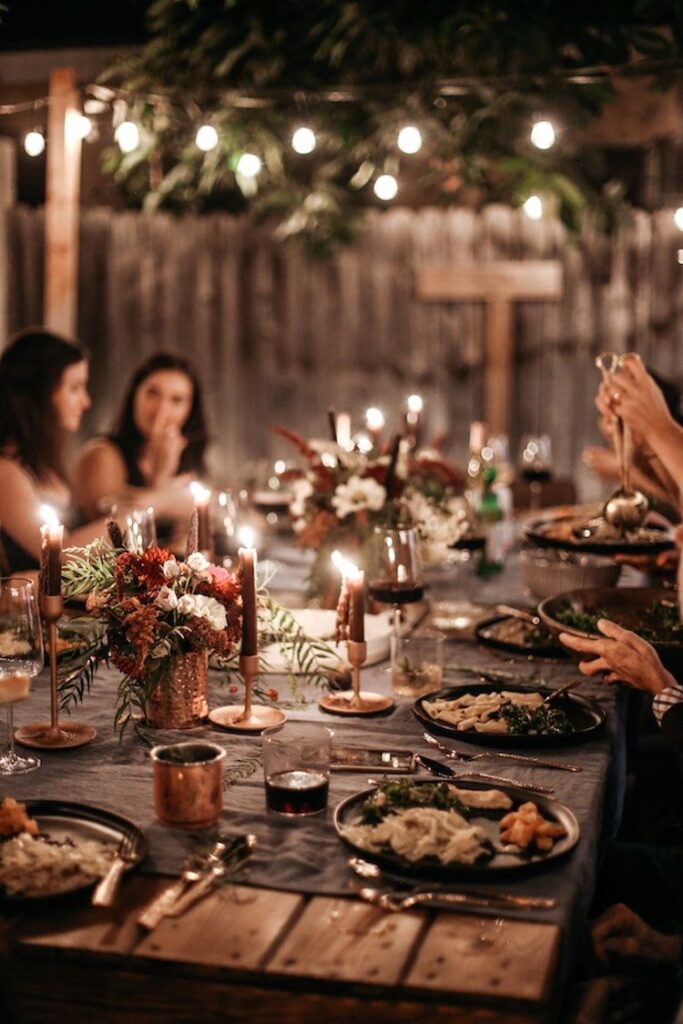
Cheers In Portuguese
Portuguese-speaking people like to say saúde (sa-oo-de) before sipping a drink in place of the common cheers. The phrase translates to “health” plus it’s a very common expression. The next time you’re sipping a Madeira wine and coincidentally sharing a seat with a Portuguese gentleman, lift your glass and say a gentle saúde.You can also say “À sua saúde!” If you’re addressing someone formally, or “À nossa saúde!” if you’re addressing a group of people.
Cheers In Spanish
Many Spanish-speaking countries use the phrase salud (sah-lud) while toasting or before sipping a drink. The word translates to “health” which is a similar expression used by French and Portuguese-speaking countries. If you ever want to wish someone good health in Spanish, use this phrase the next time.
Cheers In Japanese
When in Japan, don’t forget to shout a passionate kanpi (kan-pie) before chugging a sake. The translation of the word means “cheers” or “empty the cup.” This tradition of blurting a loud kanpai is an important pre-drinking ritual among many Japanese get-togethers. Plus, you should know that it’s considered bad luck if you toast with water in Japan since offerings of water are mainly given to the dead.
Cheers In Korean
There are many other phrases used to say “cheers” in Korea, but the most common one is geonbae (gun-bae) which literally means “empty the glass.” It’s the equivalent of doing a “bottoms up” and chugging everything from your glass. Although, the expression means to “empty your glass” it’s not a compulsion to have your drink in one swig. So, even if you’re a slow drinker you can use the phrase and enjoy your drink.
Cheers In Swedish
To say “cheers” in Swedish, you need to say skål (skawl). The Swedes take this toasting a bit seriously as it’s mandatory to shout the phrase and look each person in the eye while doing so, before and after the drink. If you ever get the chance of having a lingonberry cocktail in Sweden along with your new Swedish besties, don’t forget to take part in this drinking ritual.
Also Read: 5 Crazy Alcohol Bottles In History
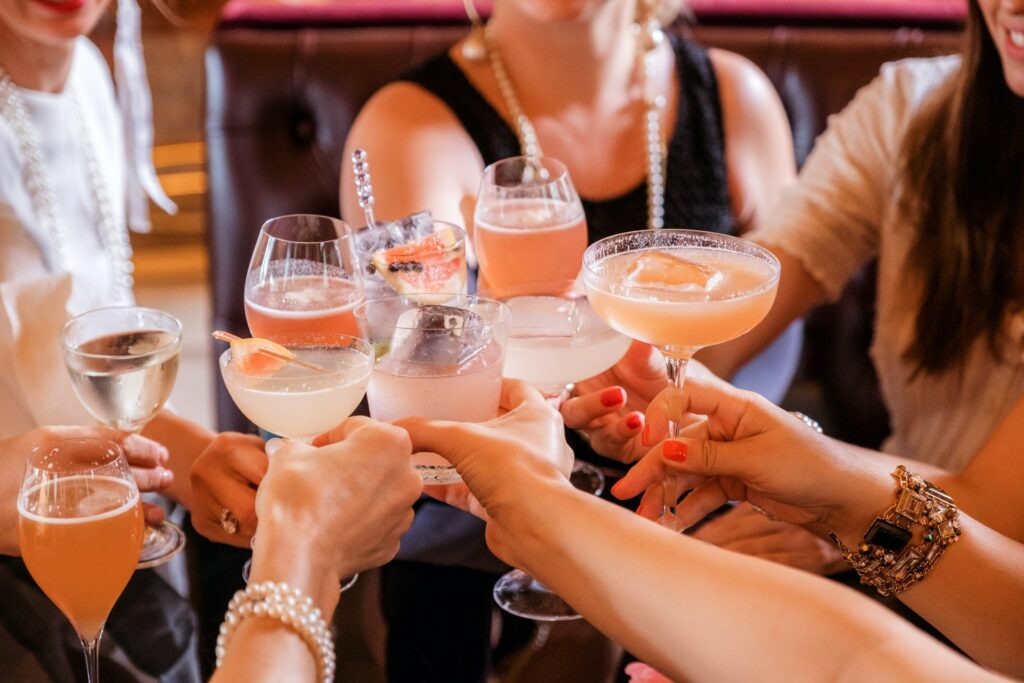
Summing Up
Drinking with your best friends is one of the most enjoyable things to do after a long week of work. Now that you know how to say cheers in different languages, feel free to practice it or make friends overseas over drinks. Practice your pronunciations till you get them right, and you’re good to go with your drinking adventures. Salud!
FAQs
How Many Languages Can You Say Cheers?`
You can say cheers in practically any language! Each language follows a different tradition and rituals before taking a sip.
How To Say Cheers In Japanese?
You say kanpi (kan-pai) in Japanese before having any drink in Japan.
How Do You Say Cheers In Korean?
You say geonbae (gun-bae) in Korean and then clink your glasses.
How Do You Say Cheers In German?
You raise your glass and shout prost in German before chugging down your drink.
Is It Rude To Say Cheers?
Saying “cheers” is a way of wishing the other person good health and a way of celebrating with the people around you. To answer your question, it’s not at all rude to say cheers (unless you’re at a funeral).
